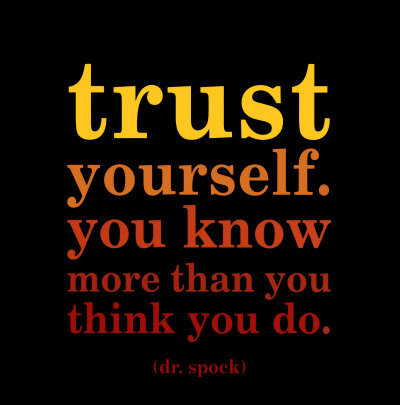The motivations for starting a business run the gamut from running away from corporate life to running towards making a lot of money. Regardless where you fall on that line, some of the most common reasons people start a business may set them up to struggle if not down-right fail in this effort.
Be My Own Boss
Many people start a business because they are tired of dealing with the vagaries of working for someone—or something like a corporation—else. Unfortunately there is a serious problem with this reasoning. Take a look at the statement: if you’re going to be your own boss that means you’re still just going to be working a job. A different job than you had before, but still a job. Running your business is nothing like working a job.
Take a minute and really consider: I’m completely serious about this. If you want to be your own boss, don’t start a business. Become an independent contractor, a sales person with a route, or something similar. I’ve done all of these well things and made good money at each one. Most people find that the things that drive you crazy as an employee are much easier to deal with when you’re an independent contractor/consultant in the same arena. And in most cases once a project is completed you can move on to something else.
Starting and running a business so much more than a job. You must become more than an employee or a boss. While I love it and believe with all my heart that anyone can learn to be a successful entrepreneur with the right help, each person must answer the important questions about why and how they want to do this type of venture. I took one of my clients through this process and he found out that starting new business actually wasn’t his top priority at this time in his life. That’s HUGE!
So what is a good reason for starting a business? In truth you need three things to make it a success.
The
#1 An usual method or approach: Very few completely new markets exist. Most businesses or services are new combination or updated product to handle an existing problem. No matter your product, service, or focus you must have a unique approach to make it work. Since you ARE unique this isn’t as hard as it might seem. Your unique spin on your business however is essential to your success. Even if you’re doing something as routine as being an insurance agent, you must identify and magnify the qualities that make your business different from others around you.
#2 Spending less capital on the startup: If you’re going to succeed, you’ve got to take advantage of every way to save money on the startup process you can. I’m not saying you should cut corners so much people can’t take you seriously. And over and over again I’ve watched people romanticize starting a business and spend money in wasteful ways. You can spend money in literally hundreds of ways that will not increase your bottom line. Don’t do it! Your money needs to go into growing the business not your ego or other crazy things many new entrepreneurs fall into. (My eBook on just how to do this will be out early this fall if you want to get head start on saving money AND starting your business.)
#3 Unique understanding of your market: This one is perhaps the hardest factor to discover and create. Many new entrepreneurs in service businesses don’t know yet what their ideal customer is like. So this may feel like a Catch 22. That’s one of the reasons I offer The StartUp Genius Online Bootcamp. You CAN start this process effectively while learning who your idea customer is. And the standard methods for accomplishing this often slow new entrepreneurs down rather than speeding up their success.
So when you consider starting your business, start with your best foot forward: realize you are NOT the boss and this isn’t just another job. It’s much, much more. Then add in the three qualities of a successful startup to increase your chances of success. There are no guarantees for a startup. If you dream of running your own business, however, you may be guaranteed regret if you don’t ever do it.
Wishing you Success & Heart,
Heidi Sue















